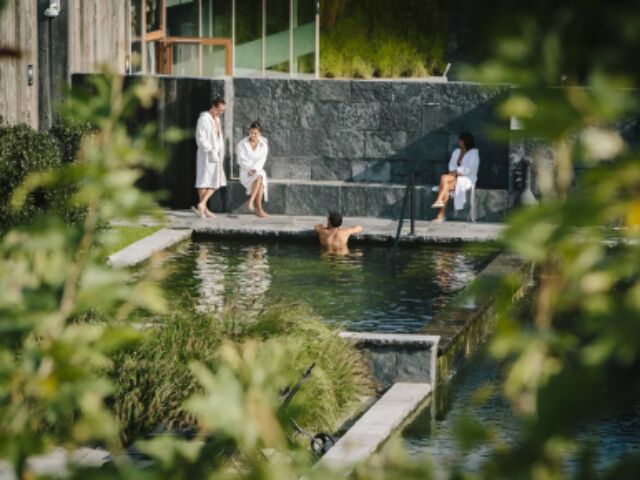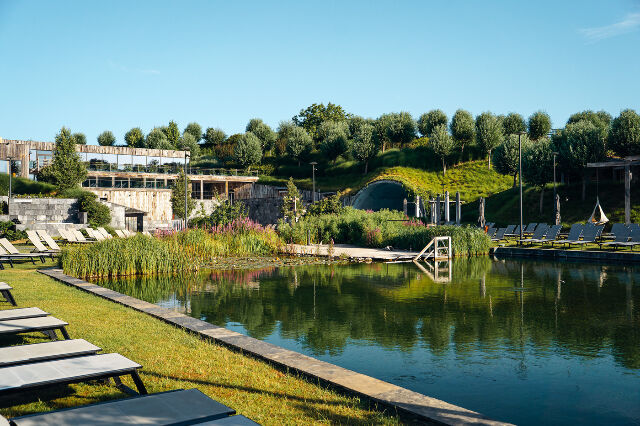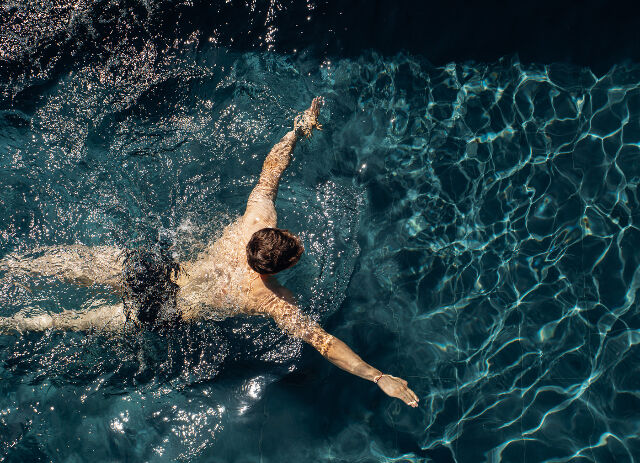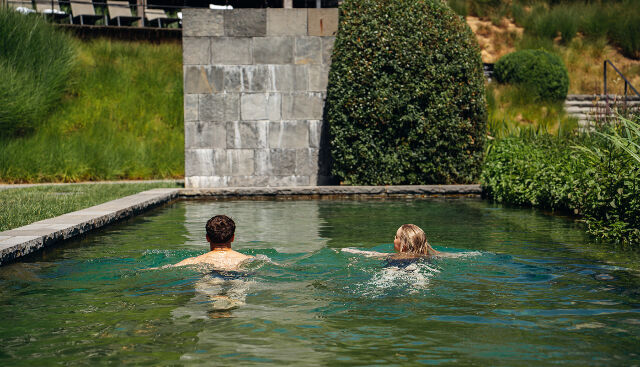What water does to your brain: the power of the Blue Mind Theory
In a world full of noise, devices, and constant stimulation, more and more people are looking for real peace. Not just a quick break, but deep mental relaxation. One of the most powerful ways to find that calm? Water.
The Blue Mind Theory explains how being near water can have an immediate soothing effect. Your heart rate slows down, cortisol levels drop, and your mind begins to relax almost instantly
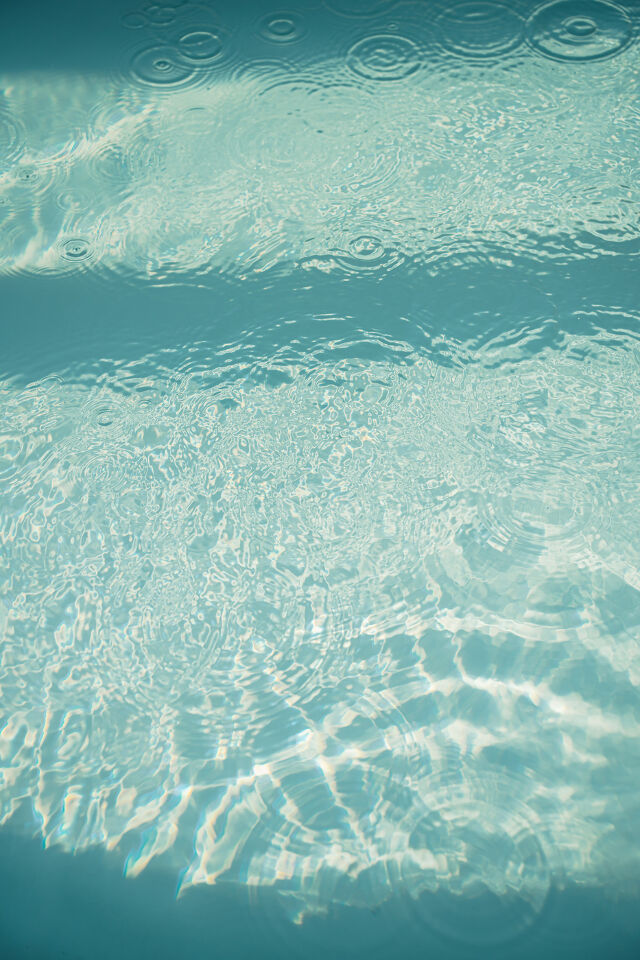
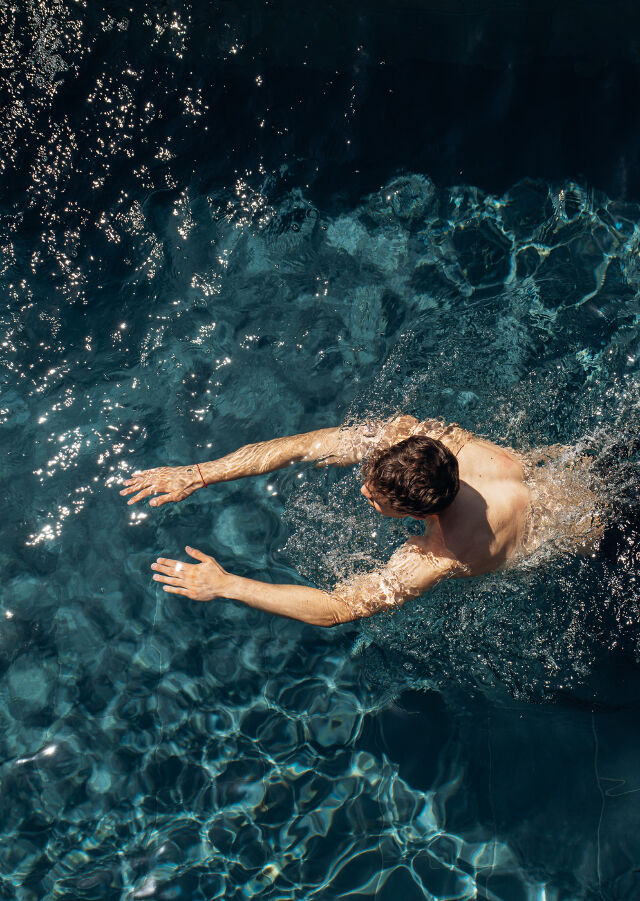
The science behind water and wellbeing
Water isn’t just a sensory experience. It has a direct impact on our brain and body. More and more studies support the core idea behind the Blue Mind Theory: water, in all its forms, has a powerful influence on our nervous system and mental health.
Simply seeing or hearing water activates the parasympathetic nervous system, the part of the body responsible for rest, recovery, and balance. Your heartbeat slows, your blood pressure drops, and your breathing becomes deeper. Water literally helps your body relax.
Sound plays a big role too. Rain, for example, falls into a category known as “pink noise,” a soft and steady frequency shown to reduce stress, improve focus, and enhance sleep quality. Even listening to water sounds through headphones or a speaker can help bring your brain into a calmer rhythm.

Why water does more than just relax you
According to the Blue Mind Theory, water doesn’t just help us unwind. It also helps us reconnect with ourselves. The peace that water brings creates mental space for reflection, creativity, and healing.
Scientific research shows that environments with water can lower stress, lift your mood, and improve overall mental wellbeing. Even just watching water or listening to its sound can lead to noticeable relaxation and a greater sense of balance.
Experience the Blue Mind effect at Waer Waters
Want to feel the Blue Mind effect for yourself? At Waer Waters, we’ve created the ideal setting to bring this experience to life. With 24 different pools, each with its own temperature, rhythm, and atmosphere, we invite you to slow down, tune in, and truly relax.
Sources
- Thoma, M. V., Mewes, R., & Nater, U. M. (2018). Preliminary evidence. Medicine, 97(8), e9851. https://doi.org/10.1097/md.0000000000009851
- Hedblom, M. et al. (2020). Preliminary evidence: the stress-reducing effect of listening to water sounds depends on somatic complaints: A randomized trial. PMC
- Conrad, K., Cleland, R., & Reyes, N. (2020). The Blue Mind. In Global perspectives on health geography (pp. 59–65). https://doi.org/10.1007/978-3-030-55012-7_5
